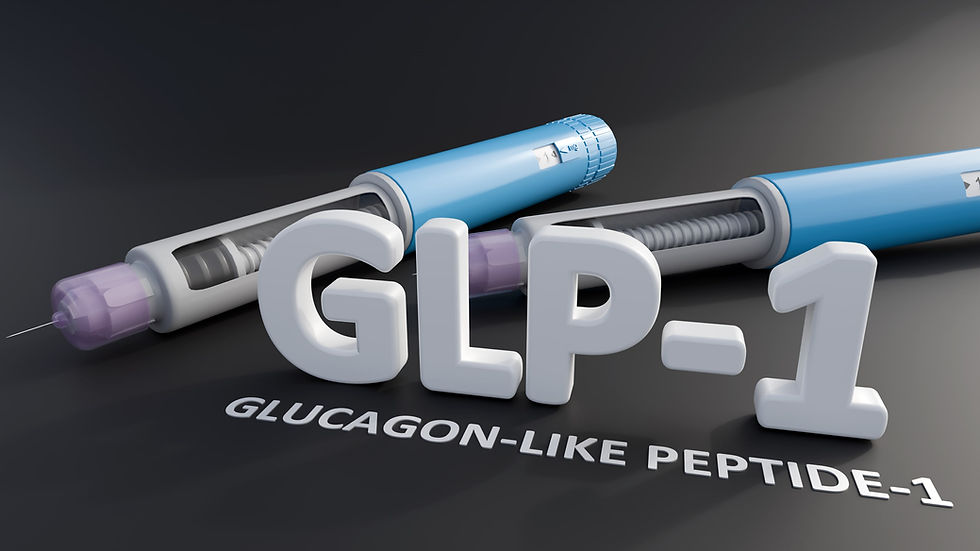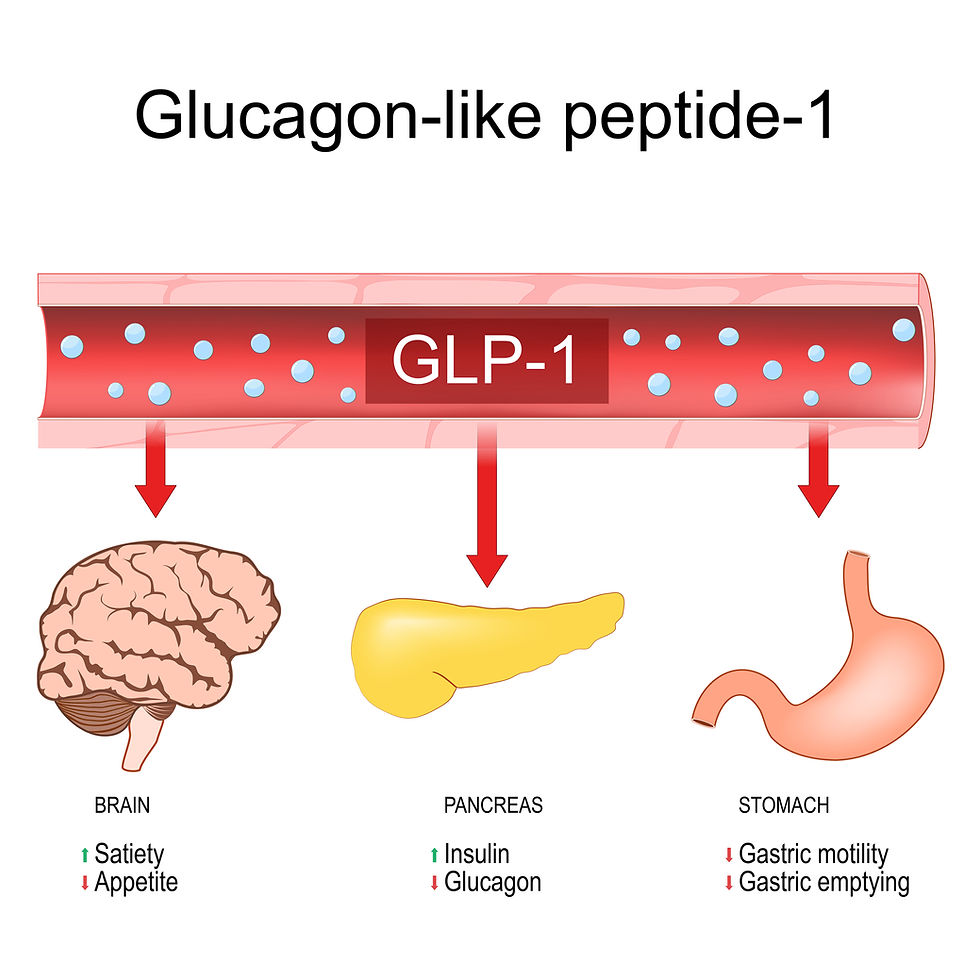Hypertension
- Julie Hodgson
- Aug 17, 2023
- 3 min read
Updated: Jan 21, 2024
Why it's important to know your levels and what you can do to help yourself naturally.

🌸 Do you have high blood pressure?
Or,
Have you checked your blood pressure recently?🌷
High blood pressure can lead to serious health complications such as heart disease, stroke, and kidney problems if left untreated. It is known as a silent condition as it doesn't typically have any noticeable symptoms in the early stages.
Blood pressure levels are generally categorised into ranges, each associated with varying degrees of health risk. The two main values used to measure blood pressure are systolic and diastolic pressure. Systolic pressure is the higher number and represents the pressure in your arteries when your heart beats, while diastolic pressure is the lower number and represents the pressure when your heart is resting between beats.
Luckily there are lots of things we can do to address high blood pressure and safeguard your future. 🌸
🌿 Fill up on nutrient-dense foods rich in potassium, magnesium, calcium, and fibre. Make your plate as colourful as possible. Plant foods, fruits, vegetables, nuts, and seeds, have been shown to support healthy blood pressure levels. Magnesium and calcium are required for muscle contraction and relaxation, including the smooth muscles that make up the walls of blood vessels.
🍃 Chronic inflammation and oxidative stress are linked to hypertension and many other chronic diseases. Oxidative stress can impair the function of blood vessels and contribute to hypertension. Aim to include lots of anti-inflammatory foods and antioxidants like fatty fish, olive oil, turmeric, and berries.
🌱 The ratio of sodium to potassium in the diet plays a role in blood pressure regulation. Aim to choose foods that promote a healthy balance between these two minerals. Increase your intake of colourful plants and add in potassium-rich foods such as avocados, leafy greens, beans, lentils and sweet potatoes. Potassium helps maintain healthy endothelial function by promoting the release of nitric oxide, a compound that helps dilate blood vessels.
🍀 Supporting digestive health and promoting a healthy gut microbiome through probiotics, prebiotics, and fibre-rich foods may also help. Emerging research suggests a connection between gut health and blood pressure regulation. Certain gut bacteria produce short-chain fatty acids (SCFAs), that have been linked to improved blood vessel function and reduced inflammation.
☘️ Stable blood sugar levels are crucial for cardiovascular health. Address blood sugar imbalances by focusing on adequate protein, whole foods, complex carbohydrates, and mindful eating. Raised blood sugar and insulin contribute to high blood pressure in several different ways including increasing inflammation and stimulating the release of renin, an enzyme that initiates constriction of the blood vessels and raises blood pressure.
🌷 Targeted supplementation may also help to address specific nutrient deficiencies associated with blood pressure regulation. Magnesium, calcium, omega 3 fatty acids, vitamin D and CoQ10, the amino acids taurine, and L-arginine, and polyphenols are associated with improved blood pressure regulation and overall cardiovascular health.
🌸 Stress Management: Chronic stress can contribute to hypertension. Practice stress-reducing techniques such as meditation, deep breathing, yoga, mindfulness or anything that works for you.
🌻 Hydration is Key: Staying hydrated is crucial. Dehydration can contribute to increased blood pressure.
💚 Intermittent Fasting: Some studies suggest that intermittent fasting, where you cycle between periods of eating and fasting, may have positive effects on blood pressure. I recommend you start with 12 - 16 hours overnight.
Don’t hesitate to get in touch with any questions, queries or support! 🙂
Julie x
Helping you live a healthier, happier life
https://www.julie-hodgson.com/contact





Comments